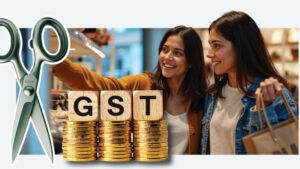
Top office bearers of TEXPROCIL have recommended that the Foreign Trade Policy (FTP) should offer logic-based incentives as opposed to lobbying-based, but strictly in accordance to the stated objective. According to Manikram Ramaswami, Chairman, TEXPROCIL, the FTP is framed on four broad objectives: maximize India’s forex earnings for a given incentive outflow; create maximum number of jobs for a given incentive outflow; incentivize exports of products/commodities that has headroom to grow, and these incentives should increase exports and not merely add to the bottom line of exporters; and finally incentives should offset the extra freight costs incurred while exporting to distant markets.
“On all four points, textile exports, be it yarns, fabrics or apparels deserve higher incentives than engineering exports and electronic assembled products, etc. as textiles has near zero import content, against 25 per cent to 90 per cent import content in the above mentioned products,” reasoned Ramaswami.
As per TEXPROCIL, the share of Indian textile exports in global textile trade is around 10 per cent, which leaves headroom of 90 per cent growth should Indian exporters become price-competitive and displace competitors from the neighbourhood. Textiles have lower FOB value and therefore suffer higher logistic costs in percentage terms and therefore deserve a higher percentage as Focus Market incentives to offset the extra freight cost than other non-textile products. However, the reality is that the FTP is not implemented as per stated objectives and textiles enjoy lowest instead of highest incentives.
“Following a policy with logic of giving higher incentives where there is a lack of level playing field, will go a long way to increase India’s exports.”
“Following the policy with logic of giving higher incentives where there is a lack of level playing field, will go a long way to increase India’s exports,” pointed out the Chairman who also has welcomed the various announcements in the budget and stated that it’s a positive budget. He welcomed the removal of service tax on loading, unloading, storage, warehousing and transportation of cotton whether ginned or baled.






